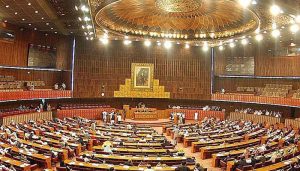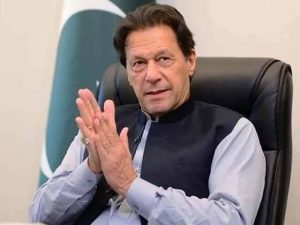From Prosperity to Poverty: Pakistan’s Economic Decline and Omni Group’s Story
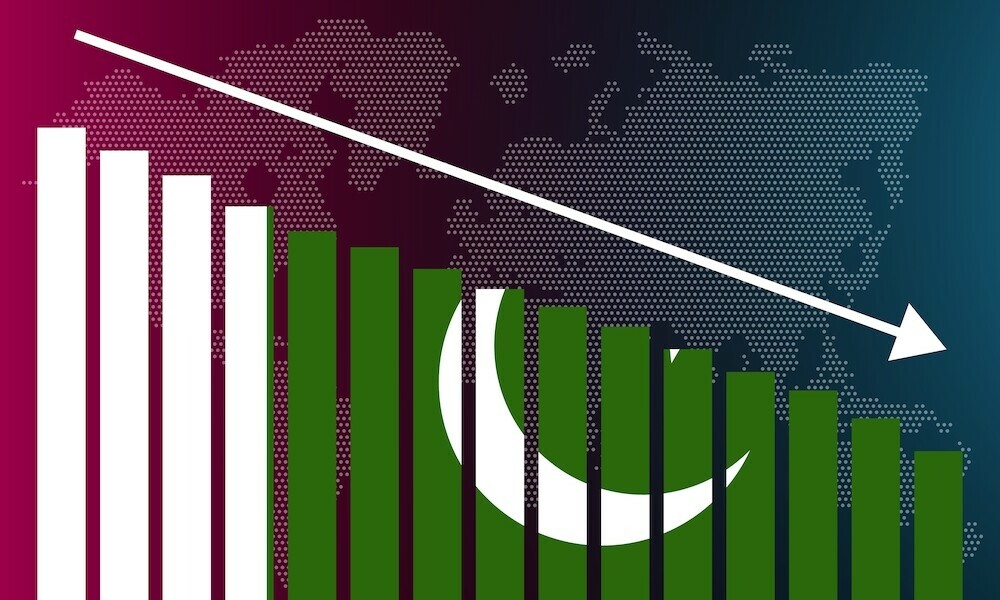
Omni Group and other industries have always remained under scrutiny, and Pakistan has continued to become poorer.
Pakistan, once a burgeoning industrial hub ahead of Japan and Korea, has faced a dramatic economic downturn over the past several decades. In the 1960s and early 1970s, the country boasted industrialists larger than India’s Ambani, Tata, and Birla. Major groups like Sehgal in textiles and Dawood in heavy vehicles and agricultural machinery were renowned globally. Dawood Hercules tractors, for instance, were recognized and respected worldwide. Other notable names included the Haroon family, the Ispahani Group, and the Habib Group, all contributing significantly to Pakistan’s economic landscape.
However, a series of poor governmental decisions, particularly the nationalization policies of the 1970s, brought the Pakistani industry to the brink of collapse. Nationalization forced many major groups to shut down their businesses or relocate them abroad, plunging the nation into severe unemployment. This marked the beginning of Pakistan’s economic decline, with the country eventually resorting to seeking foreign investments to sustain itself.
The late 1980s saw a brief resurgence with the restoration of democracy, which initiated a new wave of industrialization. The fear that had gripped the business community began to dissipate, and new industries started to emerge. However, this progress was short-lived.
In recent years, several business groups, including the prominent Omni Group, faced renewed challenges. Political cases were filed against these groups, obstructing their operations and spreading fear through arrests and media manipulation. Despite extensive investigations, the cases yielded no substantial results, and the charges eventually dissipated. Nonetheless, these actions created a hostile environment for businesses.
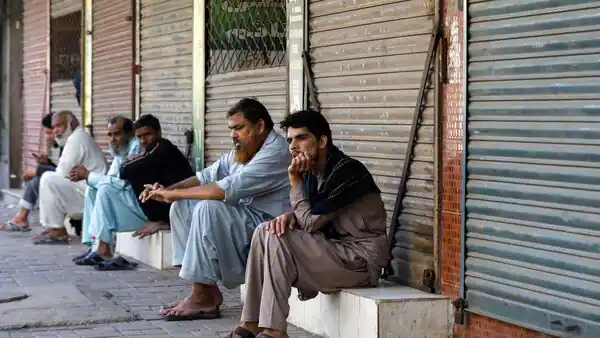
The Omni Group, producing sugar and involved in various sectors such as rice processing, agricultural machinery, power generation, and cement production, remained resilient. its owners chose to stay in Pakistan, keep their capital within the country, and continue operations, even reviving long-closed units.
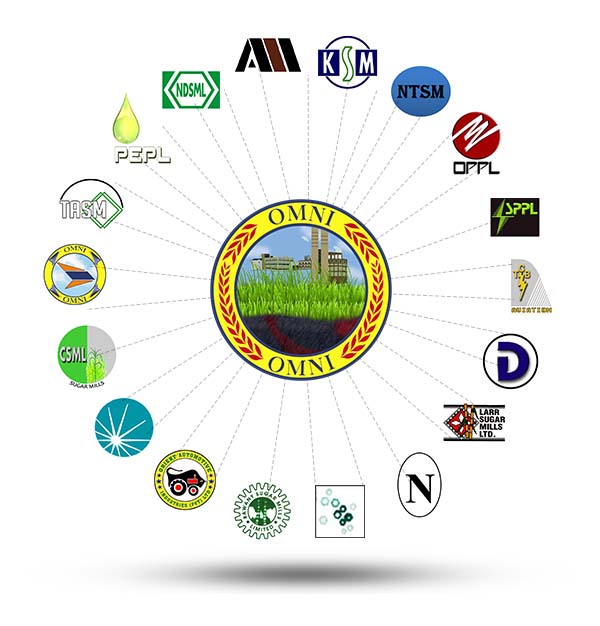
This trend of persecution extended to other major business groups like the Rafi Group, Associated Group, and Bahria Town, among others. Despite facing numerous obstacles, these companies persisted, providing employment to millions, contributing significantly to taxes, and reducing import dependence.
Pakistan’s journey from industrial prosperity to economic struggle highlights the need for a supportive environment and business-friendly policies. Only through such measures can the country hope to revive its industrial sector and reclaim its economic strength.
From Job to Business Empire: Anwar Majeed’s Inspirational Journey
In the landscape of Pakistan’s business titans, few stories resonate as powerfully as that of Anwar Majeed, the visionary behind Omni Group. With a career spanning over 26 years across esteemed institutions like ANZ Grindlays, MCB, and Dubai Bank Limited, Majeed embarked on a journey that would redefine the contours of Pakistan’s industrial and commercial sectors.
A Visionary Leader and Innovator
Anwar Majeed’s ascent from a seasoned banker to the Founder and Chairman of Omni Group is a testament to his foresight and entrepreneurial spirit. His leadership has propelled Omni Group into a powerhouse, integrating diverse industries including rice, sugar, cement, ethanol, and aviation among others. With a workforce exceeding 6,500 employees, Omni Group stands as a cornerstone of Pakistan’s economic landscape, blending innovation with sustainable growth strategies.
Omni Group: A Pillar of Pakistan’s Economy
Under Majeed’s stewardship, Omni Group has emerged as one of Pakistan’s largest conglomerates, notably leading in sugar production with nine state-of-the-art mills. This sector dominance underscores Omni’s commitment to excellence and its pivotal role in enhancing agricultural productivity and economic stability.
Diversification and Expansion
Beyond sugar, Omni Group has diversified into polypropylene bags, power generation, automation, and aviation through subsidiaries like Omni Power, TCB Aviation, and Pak Ethanol. Such diversification not only enhances operational resilience but also paves the way for international expansion, reflecting Majeed’s strategic foresight in global markets.
Ethical Leadership and Community Impact
Anwar Majeed’s influence extends beyond corporate success to embody ethical leadership and community impact. As the Honorary Consul General of The Republic of Croatia in Pakistan, he fosters international relations while upholding corporate responsibility and philanthropy within Pakistan.
Conclusion: A Legacy of Innovation and Growth
Anwar Majeed’s journey from banking to building Omni Group epitomizes resilience, vision, and relentless pursuit of excellence. His entrepreneurial acumen has not only transformed industries but also inspired a generation of business leaders in Pakistan and beyond. As Omni Group continues to expand its footprint globally, Anwar Majeed’s legacy remains a beacon of entrepreneurship and commitment to driving sustainable development.
In essence, Anwar Majeed’s story is a testament to the transformative power of ambition and perseverance, reminding us all that with dedication and foresight, even the most audacious dreams can be realized.





